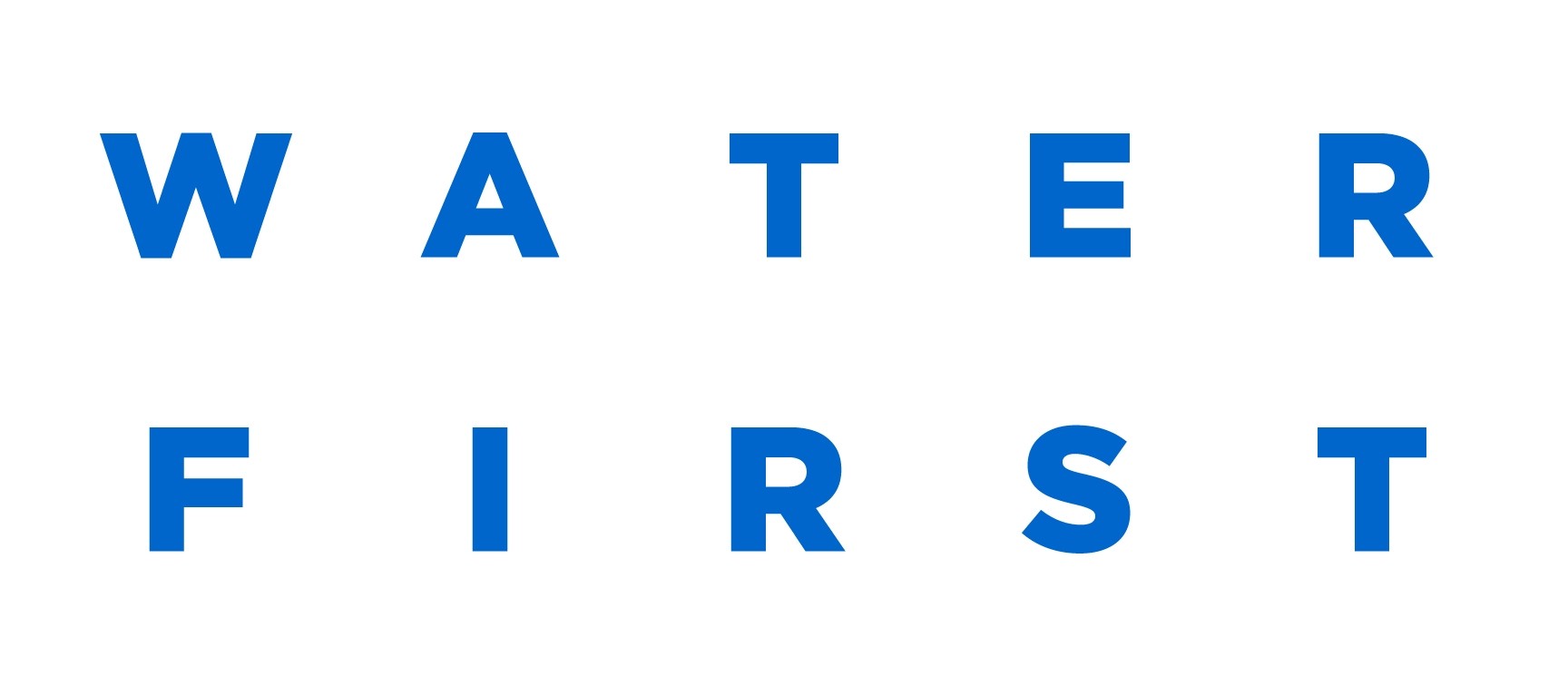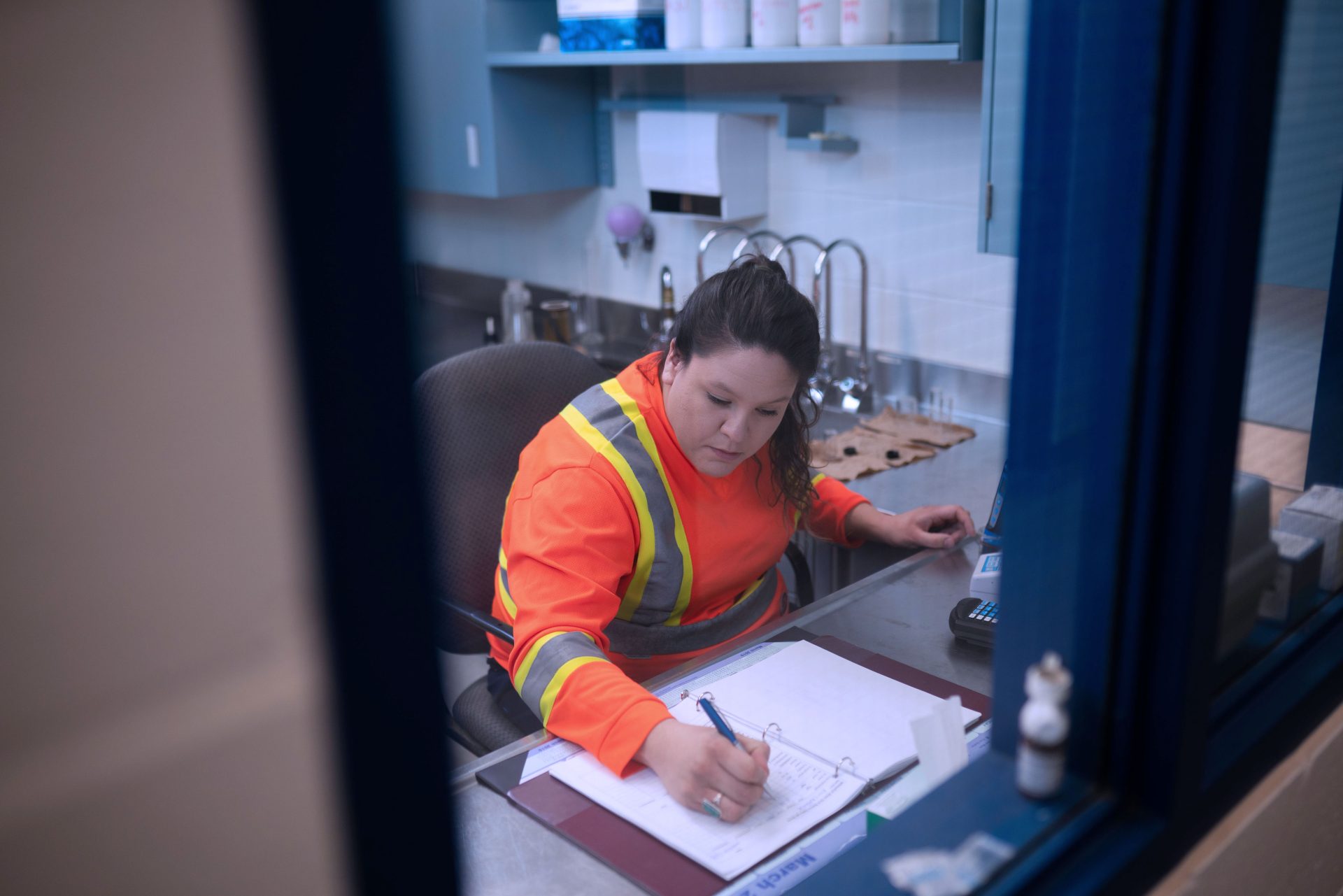The latest news and updates on our programs.
Contents:
- New Partnership Kicks Off in 2021
- Virtual Workshop Delivery with Beausoleil First Nation
- Exploring Possibilities for Walleye Spawning
- Turning the Tap on to Safe Water
- Stronger in Partnership Virtual Meet Up
- Essential Workers During COVID Lockdown
- Water First Staff Feature: Jen Atkinson
- Your Questions Answered
Contents:
New Partnership Kicks Off in 2021
Waabnoong Bemjiwang Association of First Nations (WBAFN) and Water First are proud to announce our new Drinking Water Internship partnership. In 2021, the partners will begin delivering the drinking water treatment and environmental water management training program. This program will support approximately 12 young Indigenous adults to become certified water treatment plant operators across six participating First Nations communities.
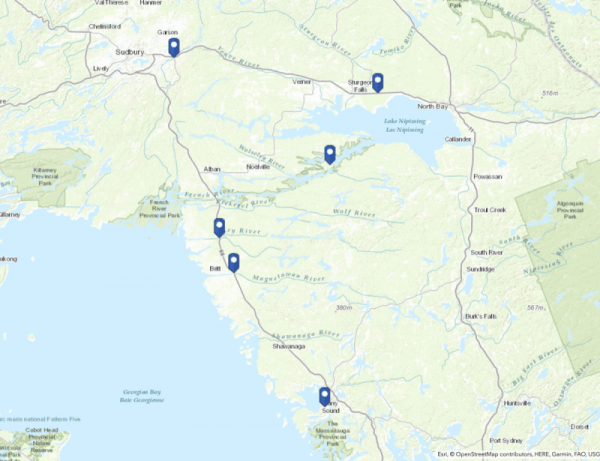
Together, WBAFN and Water First will address local needs for more young and qualified personnel in the water management field to help ensure safe drinking water in communities. Not only for today, but for future generations.
“We are extremely excited about the opportunity to partner with Water First and we welcome the support they bring to our member communities’ efforts to provide safe drinking water to residents. Existing water treatment staff are doing a great job with available resources, and at the same time, we all acknowledge the need for more young people to enter the water field. We’re hopeful that the successes Water First has had in its previous training partnerships can be repeated here, to help the next generation of local water experts safeguard their communities’ health and well-being.”
Irvin George, Waabnoong Bemjiwang Association of First Nations, Executive Director
This recent CBC Radio interview covered our new partnership and the Tribal Council’s goals for the program.
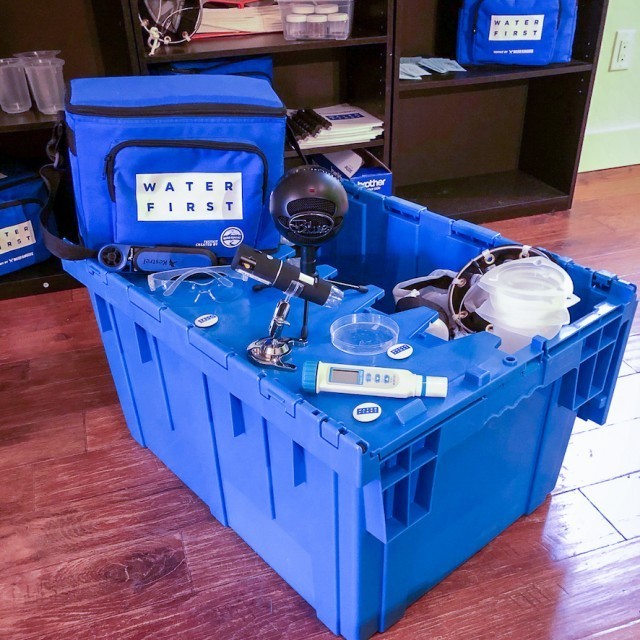
Virtual Workshop Delivery with Beausoleil First Nation
Continually adapting our programs is a Water First strength.
Our plan was to be delivering STEM-based workshops to Indigenous youth in many communities this past year – in classrooms, labs, and out on the land. However, in order to respect travel restrictions, we were able to adapt our program and create digital resources. Recently we hosted a virtual workshop series with Christian Island Elementary School students in Beausoleil First Nation.
Before the virtual sessions began, the team put together a comprehensive kit of tools and shipped resources to the school. This kit will stay with the school in the community allowing teachers and students to continue to use the tools in the future.
Our programs are designed to integrate local ecological knowledge and weave personal experience in with the new content as much as possible. So, we invited former Beausoleil First Nation Chief, Jeff Monague, to teach us and the students his considerable historical and geographical knowledge of Christian Island. It was deeply informative and helped guide elements of the program as it unfolded.
This virtual format of relationship-building with teachers and students was new and unique to us. There were plenty of memorable moments and we learned a lot in the process. We witnessed our host teacher and students get excited about the hands-on tools their class were able to engage with throughout the program. Knowing that the teachers and students were confident to take the student-led water monitoring project forward proved to us the success of the virtual delivery.
Delivering our programs virtually allowed us to support classrooms in ways that would otherwise not have been possible and has opened our eyes to new possibilities to explore for the future. Taking what we learned from the first round, we have made adjustments and improvements and we are excited to deliver the program again with Sagamok First Nation this winter.
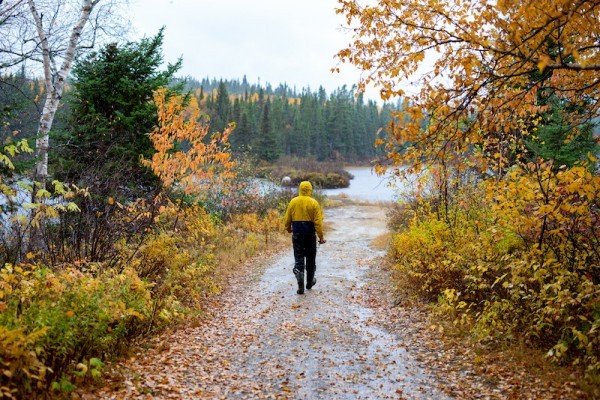
Exploring Possibilities for Walleye Spawning
Walleye are a culturally significant species of fish for Anishinabek Peoples. So, when the walleye fish habitat restoration work with Long Point First Nation in Winneway, Quebec was postponed this summer due to COVID-19, we were disappointed. In the fall, after getting the clearance from the pandemic committee, we visited the community to reconnect and to scope out two community suggested sites for the restoration work that will take place in 2021.
Turning the Tap on to Safe Water
“My community finally has a water treatment plant going. It’s currently being built. I’m looking forward to that. For my family, and my community as well, because we’ve lived with a Boil Water Advisory my whole life.”
Jeremy Ledoux-Redsky, Shoal Lake 40
Turning the Tap on to Safe Water
Site A – This site was suggested because it borders a cultural site. Twice a year, the community has a cultural week hosted at this site. This week is a chance to gather and to get kids out on the land and on the water. Site B – This site was suggested because the waterfall acts as a natural barrier. The fish would travel to this point and since they can’t go any further would spawn at this site. By restoring both of these sites, the walleye eggs and baby fish or fry would have an increased chance of survival.
Come spring, we will hire two interns from the community to work with us on the walleye spawning site restoration, building their capacity to continue this work long after we are gone.
Stronger in Partnership Virtual Meet-Up
It is a clear fact that we are all stronger through our partnerships. To honour this and to continue to strengthen relationships through a pandemic, we had a virtual meet up with key partners and some of our interns to hear their thoughts on the impact of the Drinking Water Internship.
Polly Bobiwash, Anishinabek Nation Director of Labour Market Development, shared her thoughts on how the success of the Internship program is measured.
You can watch a 15-minute highlight reel of the 90-minute event here.
Essential Workers During COVID-19 Lockdown
Over the winter break, several of the Drinking Water interns worked through the traditional holidays to provide essential services to their community during the most recent COVID-19 lockdown.
We want to extend a sincere Thank You to all of our interns for taking the initiative and going the extra mile this holiday season. We are proud of you!
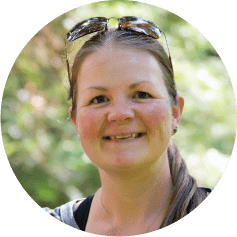
Water First Staff Feature
Jen Atkinson is the Director of Operations here at Water First. Watch what she has to say about the diversity of her work and what she enjoys most.
Water First Staff Feature: Jen Atkinson
Your Question:
"Are the internship program graduates finding job opportunities?"
John Millar, Executive Director and Founder of Water First, shares his thoughts on this question in this short video.
Are the internship program graduates finding job opportunities?
Your Questions Answered
Recently, we have been receiving very interesting questions from our support base. For each newsletter, we will be choosing one to feature and provide an avenue for a response.
Have you ever wondered how a spawning shoal is restored? Or maybe you want to know more about what interns learn about water treatment? What about what kinds of things the kids in our youth programs get most excited about?

